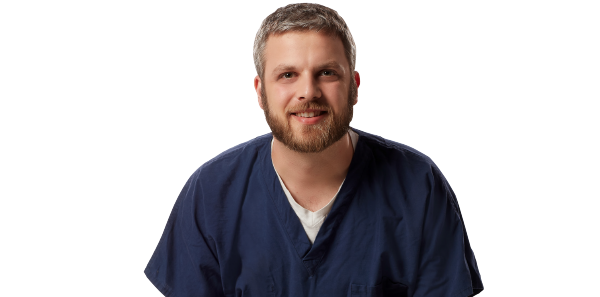 Dr. Pasichow is an emergency physician and assistant professor of emergency medicine at Southern Illinois University School of Medicine in Springfield, the EMS medical director at HSHS St. Mary’s and HSHS St. John’s, and the alternate councilor for the ACEP Young Physicians Section.
Dr. Pasichow is an emergency physician and assistant professor of emergency medicine at Southern Illinois University School of Medicine in Springfield, the EMS medical director at HSHS St. Mary’s and HSHS St. John’s, and the alternate councilor for the ACEP Young Physicians Section.
How to Find Help
Not sure where to start? Here are some options to consider:
- Does your employer offer a peer support program or other mental health support services?
- Do you have any friends or family receiving mental health care who could refer you to speak with someone they trust?
- Your ACEP membership comes with access to the Wellness & Assistance Program. Through this program, you can get three free counseling or crisis coaching sessions in whatever format you prefer (online chat, text, virtual, face-to-face).
- The Physician Wellness Hub has a helpful library of resources, and you can search by topic or source of stress.
- Psychology Today has a “Find a Therapist” section where you can sort by ZIP code, insurance accepted, issues, types of therapy, etc., which can be helpful if you’d like to speak with someone local.
- If you are having a mental health emergency or are considering self-harm, call the National Suicide Prevention Lifeline at 800-273-825
References
- Saddawi-Konefka D, Brown A, Eisenhart I, et al. Consistency between state medical license applications and recommendations regarding physician mental health. JAMA. 2021;325(19):2017-2018.
- Physician wellness and burnout. Federation of State Medical Boards website. Accessed July 2, 2021.
- Zhang Q, Mu MC, He Y, et al. Burnout in emergency medicine physicians: a meta-analysis and systematic review. Medicine (Baltimore). 2020;99(32):e21462.

 Dr. Pasichow is an emergency physician and assistant professor of emergency medicine at Southern Illinois University School of Medicine in Springfield, the EMS medical director at HSHS St. Mary’s and HSHS St. John’s, and the alternate councilor for the ACEP Young Physicians Section.
Dr. Pasichow is an emergency physician and assistant professor of emergency medicine at Southern Illinois University School of Medicine in Springfield, the EMS medical director at HSHS St. Mary’s and HSHS St. John’s, and the alternate councilor for the ACEP Young Physicians Section.



No Responses to “Mental Health Crisis Shows Emergency Physician the Importance of Getting Help”